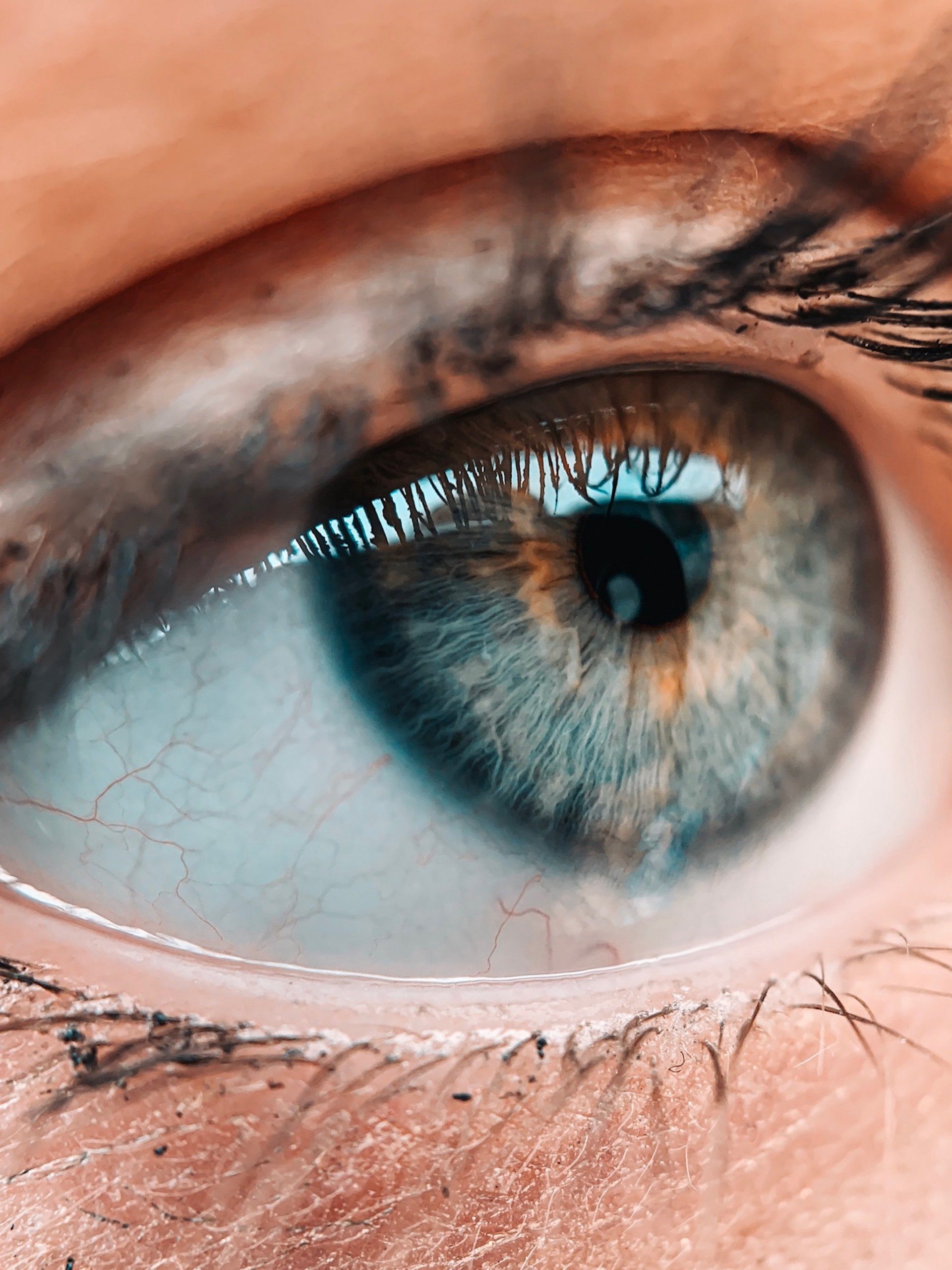What Is Retinal Detachment?

Your sense of sight relies on a complex network of delicate structures that make up the eye. The retina, in particular, plays a pivotal role in translating incoming light and images into a form that the brain understands. Not surprisingly, a retinal detachment can greatly threaten your eye health and compromise your vision. Read on as a Marysville, WA optometrist talks about the retina, what it does, and the damaging effects of retinal detachment.
What Is the Retina and What Does It Do?
When you look at an object or a scene, light (and images) enters through your cornea, which is the surface of the eye that rests on top of your iris. Light then travels through the lens and lands on the retina, a layer of tissue that lines the back of the eye. From there, the retina sends this information through your optic nerve, which communicates directly with the brain.
The retina houses millions of light-sensitive cells, known as rods and cones, along with other nerve cells that receive and process light, colors, and images. It then converts this information into electrical signals that the brain can understand.
What Is Retinal Detachment?
Retinal detachment is the pulling away of the tissue that attaches the retina to the back of the eye. It can happen in degrees, meaning small or large portions of the retina pull away. The more severe the tear, the more likely you’ll experience symptoms, some of which include:
- Seeing lots of floaters, which can appear as dark spots, threads, flecks, or squiggly lines that “float” across your field of vision
- A shadowing across your vision
- A darkening of your peripheral or side vision
- Flashes of light
- Blurry vision
Retinal detachment is a serious eye condition that can compromise your vision, and even cause blindness when left untreated. For this reason, it’s best to contact an eye doctor if you start to experience any symptoms.
Who’s Most at Risk?
Your risk for retinal detachment increases as you get older. This risk increases if you’ve experienced one or more of the following conditions:- Severe nearsightedness
- An injury to the eye
- Eye surgery
- Fluid disruptions inside the eye
- Thinning of the retina
- Family history of retinal detachment
If you’re 50 years old or older or have other risk factors, it’s best to get checked out and treated by an eye doctor to prevent further damage. For more information about retinal detachment, or if you wish to schedule an eye exam, please don’t hesitate to call our Marysville, WA optometry office.


!Social icons